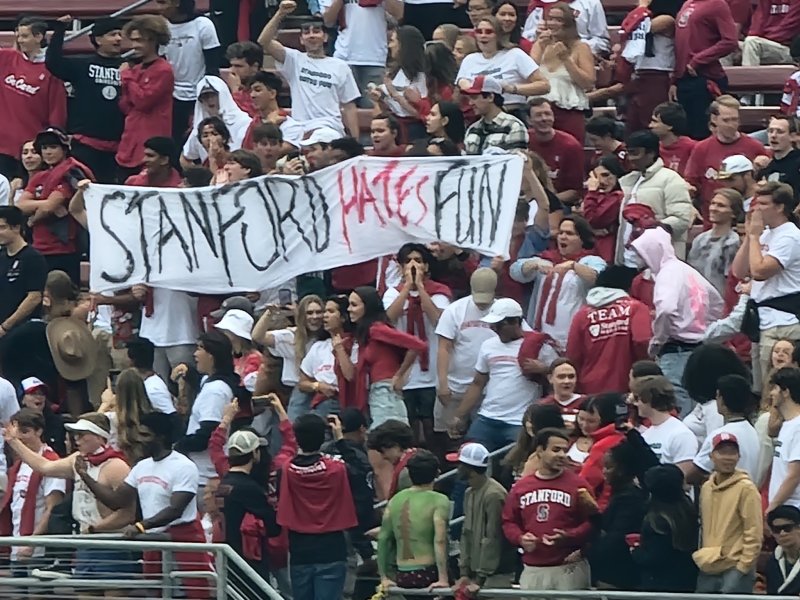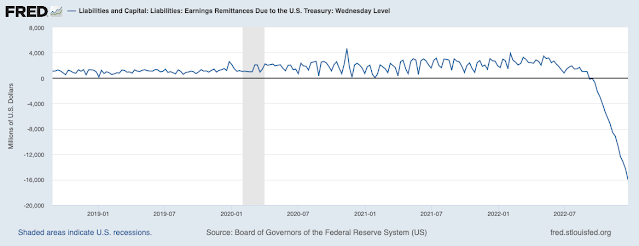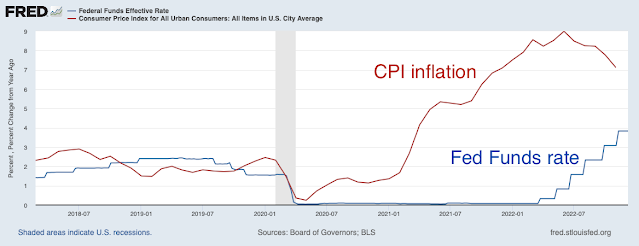 |
| Source: Stanford Daily |
Stanford hates fun is the title of the second Stanford article in the Wall Street Journal this week. (On the first, Stanford's guide to acceptable words, enough said already.)
This has been bubbling up for a while. Last June, Ginevra Davis wrote a powerful article in Palladium, "Stanford's war on social life." She recounted how the slightly transgressive Stanford atmosphere in the 90s, which seeded the slightly transgressive get it done attitude of tech in the early 2000s, is being smothered by the Administration. For example, back in the early 90s,
...The brothers were winding down from Kappa Alpha’s annual Cabo-themed party on the house lawn.... a day-to-night extravaganza that would start sometime in the morning and continue long after midnight. The girls wore bikini tops and plastic flower leis, and the boys wore their best Hawaiian shirts.
Uh-oh, I can already smell trouble if you tried that today. But the point,
That year, the brothers had filled the entire main level of Kappa Alpha’s house with a layer of sand six inches deep. The night was almost over; the guests were leaving and the local surf rock band had been paid their customary hundred dollars in beer. The only question was what to do with all the sand.
No one remembers who had the idea to build the island. A group of five or six brothers managed the project. One rented a bulldozer...
Later that year, the brothers installed a zipline from the roof of their house to the center of the island. They also built a barge, which they would paddle around the lake on weekends and between classes.
More generally
Through the late 1990s, Stanford ... featured a wacky campus culture that combined collegiate prep with West Coast laissez-faire. Stanford was home to a rich patchwork of wild and experimental campus life. Communal living houses (“co-ops”) encouraged casual nudity, while fraternities threw a raucous annual “Greek Week” and lit their houses on fire. Until 2013, Stanford hosted a fully student-run anarchist house, where residents covered the walls with eccentric murals.
Today,
The Kappa Alpha boys have been kicked out of their old house. Lake Lagunita was closed to student activities in 2001,...
...In less than a decade, Stanford’s administration eviscerated a hundred years of undergraduate culture and social groups. They ended decades-old traditions. They drove student groups out of their houses. They scraped names off buildings. They went after long-established hubs of student life, like fraternities and cultural theme houses...




